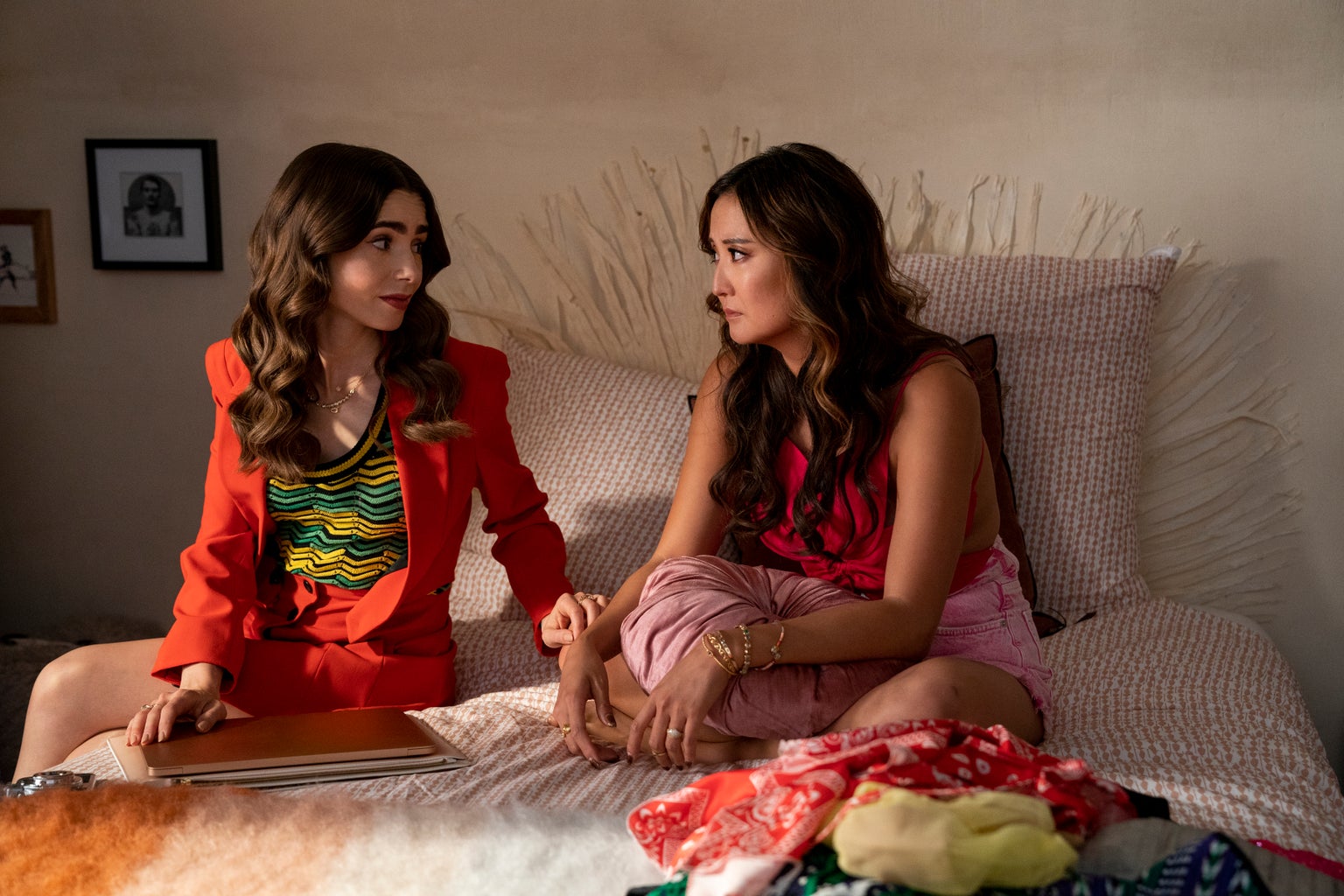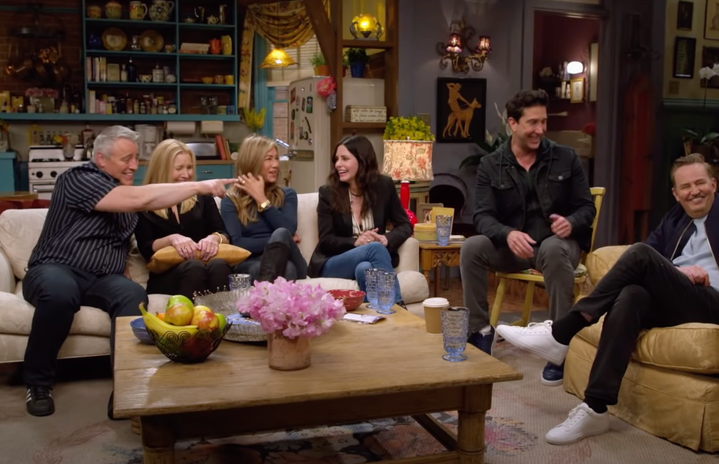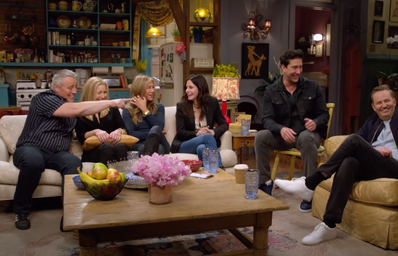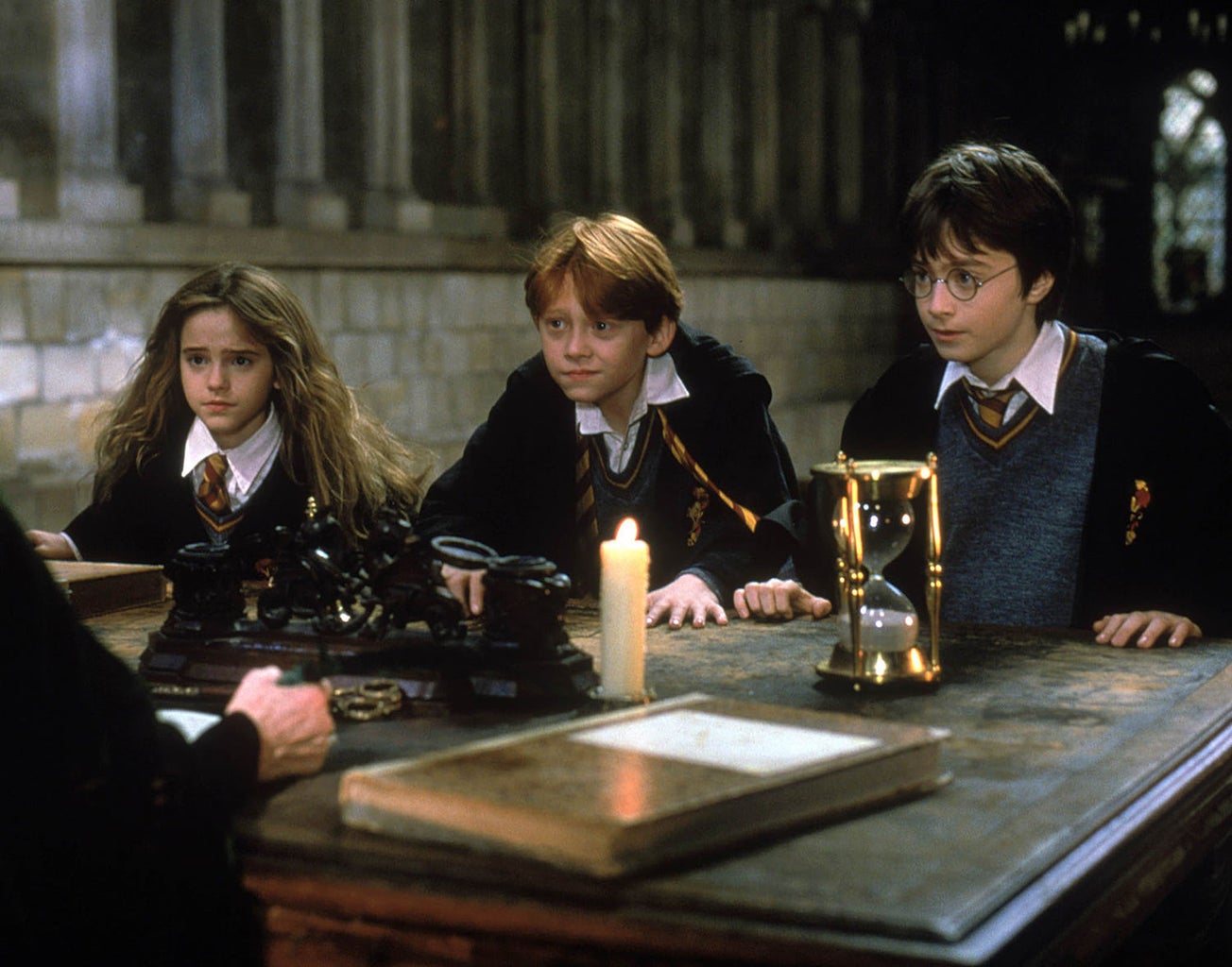“This is my family. I found it all on my own. It’s little and broken, but still good.”
Stitch in Lilo and Stitch (2002)
It’s in sitcoms: they go to the same community college, work at the same police precinct, paper company, or municipal parks department, or live in the same big-city apartment. It’s in Hollywood blockbusters, like Harry Potter, The Avengers, and Guardians of the Galaxy, and animations like Lilo and Stitch, Avatar: The Last Airbender, and Luca.
The found family narrative is everywhere.
Beyond the riveting relationship dynamics and comedic potential, there are reasons found families in media are so appealing and emotionally moving. It comes down to this: they don’t have to, but they do anyway.
Roommates, coworkers, and fellow superheroes don’t have the same obligations to each other as family members do—roommates don’t need to spend the holidays together, coworkers don’t need to attend each other’s weddings, and superheroes don’t need to keep each other company after they’ve saved the world, but they choose to. The idea that platonic, unconditional love exists for us outside of the families we’re born into is both comforting and validating.
Found families have social significance as well. The nuclear family typically revolves around a couple and their child(ren), but the found family unsettles these heteronormative compulsions for marital unity. Transcending friendship and becoming akin to family without complying with amatonormativity or child-centric ideals is an act of defiance. This can also help destigmatize aromanticism and asexuality, showing that people can know each other intimately and care for each other immensely without ulterior motives or sexual or romantic attraction.
The found family has further implications for those with abusive or absent families. The “blood is thicker than water” narrative is a tired excuse that tolerates mistreatment among biological families and perpetuates toxic cycles, associating family with blood relation rather than mutual love, emotional connections, and what’s supposed to be a built-in support system. The found family trope can be lifechanging because it argues that the families we’re born into aren’t our be-all and end-all; there is love for us out there.

Families can take so many forms beyond the biological, and we all deserve to be surrounded by people who love and support us.




